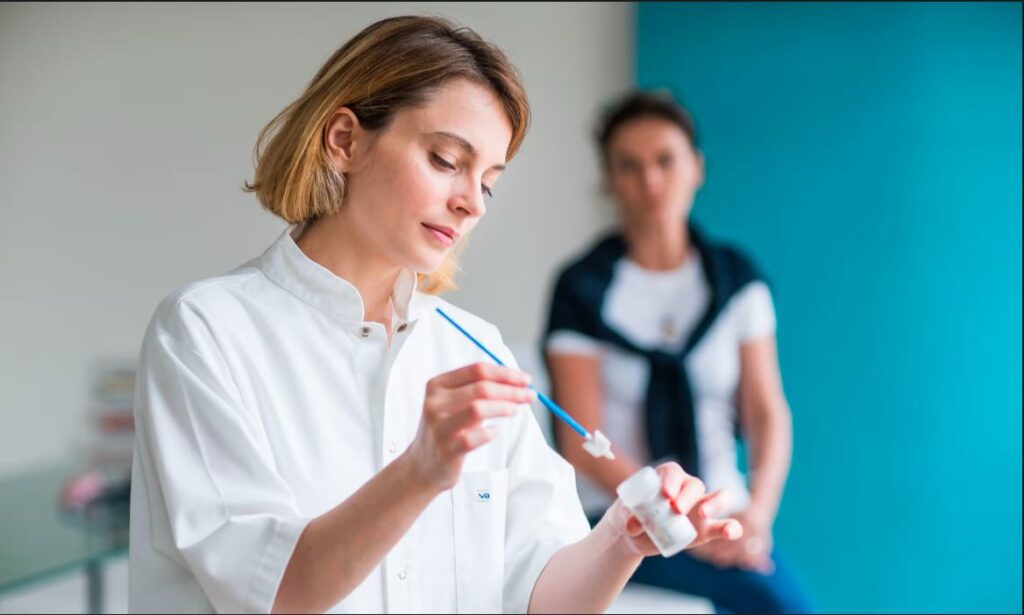Discover how Luton’s community adapts to road closures and infrastructure upgrades, turning short-term disruption into long-term sustainability and resilience. Learn more now!
NHS Urges More Women to Come Forward for Cervical Screening
The National Health Service (NHS) is calling on more women to attend their cervical screening appointments as figures reveal a concerning trend. According to recent statistics, only a third of eligible women under the age of 50 are taking up these vital tests. Chief Delivery Officer and National Director for Vaccinations and Screening for NHS England, Steve Russel, has emphasised the importance of these screenings in preventing cervical cancer.

Importance of Cervical Screening
“We need to see more women coming forward for their cervical screening appointments when invited,” said Steve Russel. “Even if you previously missed your appointment, don’t wait around for another invitation before contacting your GP practice – you can still book in now and this could save your life.”
The NHS cervical screening program plays a crucial role in preventing cervical cancer by using a highly effective test to check for high-risk Human Papillomavirus (HPV). HPV is responsible for 99% of cervical cancers. If left untreated, it can cause abnormal cells to develop in the cervix, which may eventually turn into cervical cancer. This underlines the importance of attending regular screening appointments.
Frequency of Screenings
Women are invited for cervical screening by the NHS every three to five years, depending on their age. If high-risk HPV is detected, more frequent screenings may be scheduled. It is essential to take these invitations seriously, as early detection and treatment can significantly reduce the risk of developing cervical cancer.
NHS's Commitment to Eliminating Cervical Cancer
Last year, the NHS pledged to eliminate cervical cancer by 2040. Commitment to this ambitious target involves making it as easy as possible for women to schedule appointments and continuing to send invites and reminders to all eligible women. “We have set an ambitious target of eliminating cervical cancer within the next two decades – one of the few countries in the world who have committed to this – and we are doing everything we can to achieve our ambition by making it as easy as possible to make appointments, and continuing to send invites and reminders to all eligible women.”
HPV Vaccination
The HPV vaccine is another critical component in the fight against cervical cancer. This vaccine protects against cervical cancer and a range of mouth and throat cancers. It is given to both girls and boys in secondary school to protect them from catching HPV infections that can develop into pre-cancerous and cancerous cells.
However, it is important to note that the HPV vaccine does not protect against all types of HPV. Therefore, even those who have been vaccinated should still attend cervical screening appointments to ensure they remain protected.
For more information on NHS cervical screening and how to book an appointment, visit www.nhs.uk/conditions/cervical-screening.